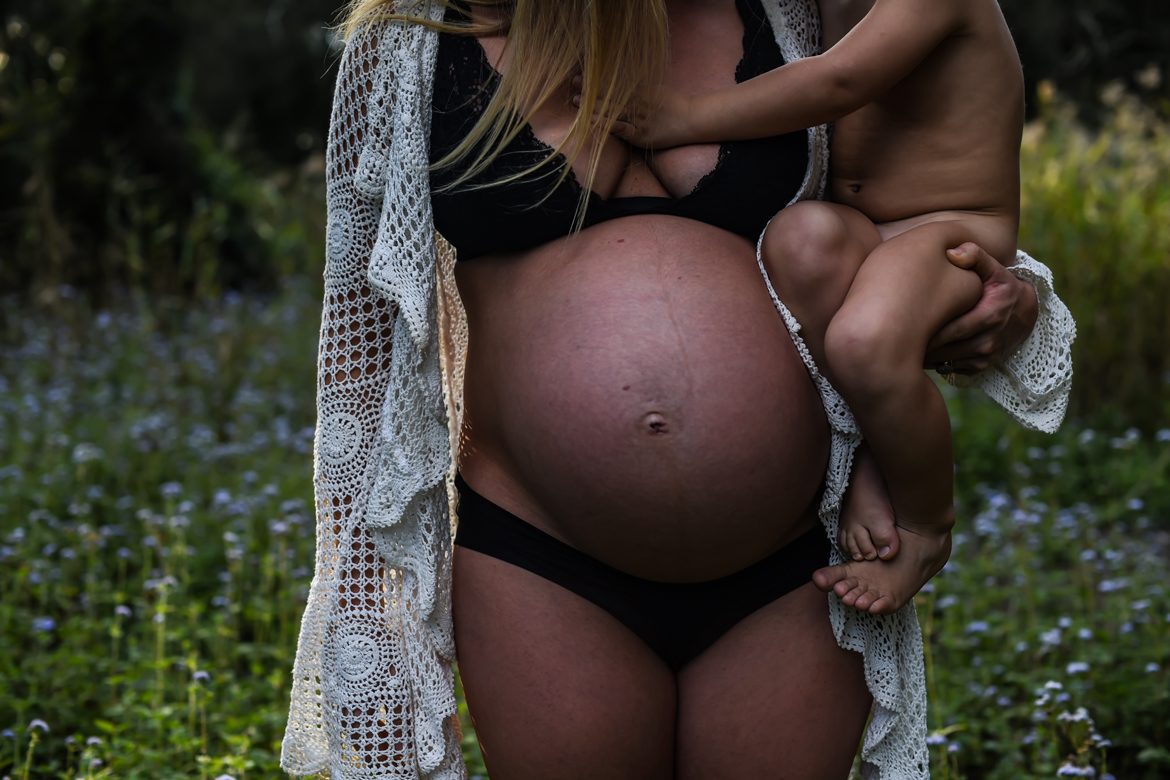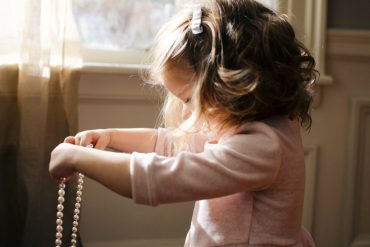By Dr. Laura Markham
“Isn’t there a time and a place for a parent to just plain ‘be in charge’? So often, and especially now, with this new approach, he pretty much does whatever he wants… I don’t want my child to be an uncontrollable brat.” – Amber
Often, parents get confused about peaceful parenting. They think that if they stop punishing, their child will do whatever he wants.
But that assumes there are only two choices — being permissive or being punitive. What about holding to your expectations while at the same time offering your child understanding, and support to meet your expectations?
Let’s say you tell your child that it’s time for bed, and she ignores you or says NO! What are your choices?
- Threaten or punish her. You have to keep escalating, it ruins everyone’s evening, and it erodes your relationship with your child.
- Let her do whatever she wants. You’re compromising on what’s good for your child and the rest of the family. Until you explode, eventually… Not exactly responsible or peaceful parenting!
- Set a limit — with empathy. Say “You really don’t want to stop playing… I hear you. It’s hard to stop. I bet when you grow up, you’ll play all night, every night, won’t you? AND right now, it’s time to get ready for bed… Do you want to fly your plane to the bathroom, or climb on my back and I’ll gallop you there?”
What makes a peaceful parent isn’t backing away from disagreement. Conflict is part of every human relationship, children learn by testing limits, and your child will never understand why it’s so important to take his bath RIGHT NOW! So parents do need to set limits and expectations fairly constantly.
What makes a peaceful parent is regulating your own emotions. That way you can stay lovingly connected while you set those limits and work through those disagreements. That’s what creates a more peaceful home. That’s what helps your child WANT to follow your guidance. And that’s what helps children learn to manage their emotions, so they can manage their behavior — and so they WANT to!
So it’s not that peaceful parents aren’t “in charge.” In fact, they’re more in charge than most parents — of their own reactions, and therefore of the mood in their house. That lets them be better role models for their children.
Of course, there will still be times when your child does get to “do whatever she wants”.
- Often, that’s because you approve of what she’s doing, like building a sandcastle on the beach.
- Sometimes it might be because she really wants something, and you decide you can live with the results, like having a sand table in the house.
- Sometimes it might even be against your better judgment, but you decide to give it a try and supervise her, like building a sand castle in a plastic bin in your kitchen.
- And yes, sometimes you’ll just let things go because you’re holding the baby and you can’t intervene, or you just don’t have the energy for a fight. So you decide it won’t be that hard to sweep up if she brings some sand from her sandbox and dumps it on the kitchen floor to play. That’s known as choosing your battles.
But in all of these cases, you’re not abdicating. You’re making a decision.
Peaceful parenting means you regulate your own emotions first. Then, you try to see things from the child’s point of view, so you often look for a win/win solution that lets the child get some or all of what she wants. But you don’t let your child “do whatever she wants” if you really think the answer should be no. You may not think what your child wants to do is safe. Or maybe you just can’t handle cleaning up another mess, because it will send you on a slide into resentment and yelling. After all, you’re trying to meet your child’s needs, but your needs matter, too, if you’re aiming to stay peaceful!
So peaceful parents DO say no. Plenty. And it’s not bad for your child. In fact, that experience of “switching gears” between what he wants, and what you’re asking, is what develops the part of the brain that gives your child self-discipline. But there IS a catch. When kids feel forced and pushed around on a regular basis, it causes resistance. When we yell or they feel like we’re being unfair, it causes resistance.
That’s why external discipline doesn’t actually develop self-discipline. The trick is to stay connected and compassionate, so your child knows you’re on his side, and is therefore willing to cooperate with your request, however reluctantly.
Does that mean your child will always happily cooperate if you offer understanding? Unfortunately, no. Often, she’ll still object. So how can you stay peaceful and positive then?
1. Stay calm.
When you go into “fight or flight” your child will certainly spiral out of control. If you can stay calm, your child is more likely to cooperate. Research shows that just noticing your breathing will keep you calmer. It also helps to notice your thoughts and reframe as necessary. For instance, “Why is she doing this to me? I can’t take it!” might become “She’s acting like a child because she is a child… I’m the grown-up here… Whatever happens, I can handle it.”
2. Empathize.
If your child feels understood, she’s much more likely to accept your limit. “You really wish you could… You’re so disappointed… You were were hoping that…”











